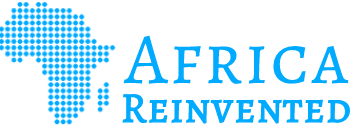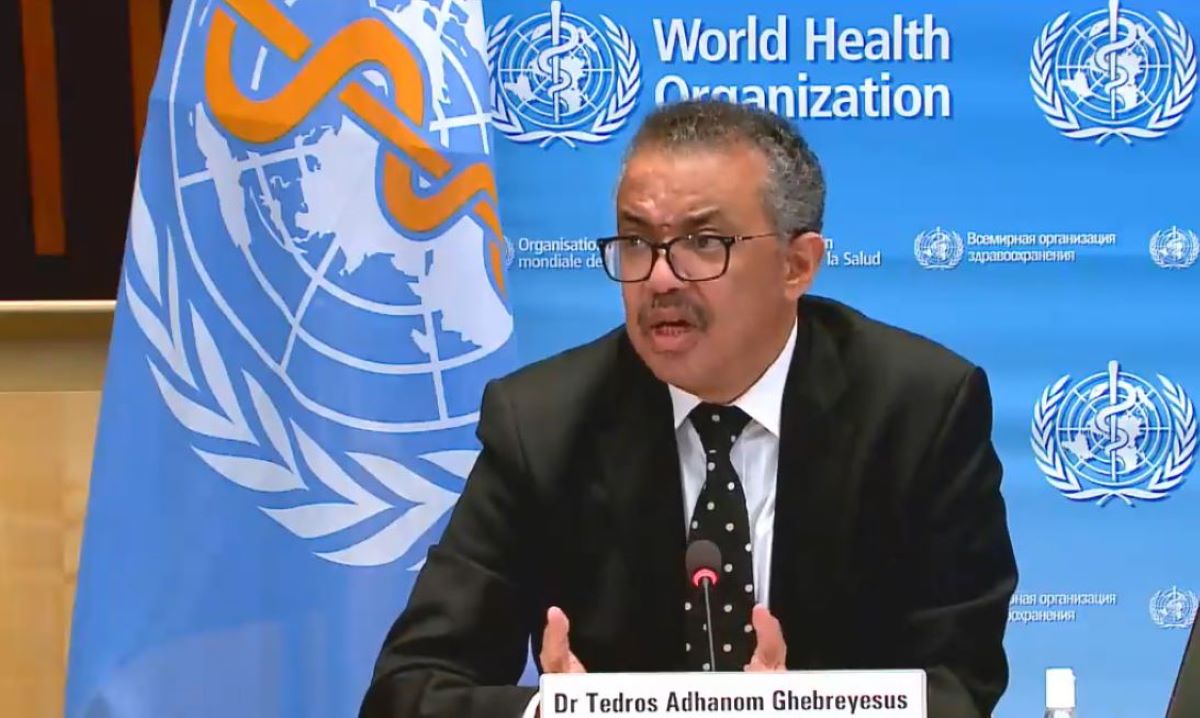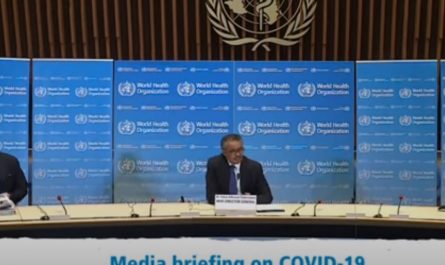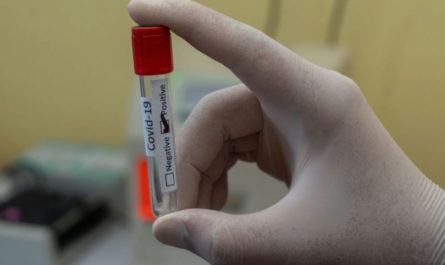In its new guidance published today, the World Health Organisation, WHO said that it recognizes the great promise which Artificial Intelligence (AI) holds in the practice of public health and medicine.
Artificial Intelligence (AI) refers to the ability of technological algorithms to learn from data and further implement it automatically on tasks without human programming.
WHO guidance further incite the importance of addressing the ethical challenges in order to reap g the full benefits of AI.
Many of the ethical concerns it described predate AI, although AI itself presents a number of novel concerns.
- WHO provides mobile data system for monitoring COVID-19 in Nigeria
- Alcohol and coronavirus
- WHO Addresses COVID-19 Vaccine Hesitancy, Says Countries Will Decide
AI in health care and medicine
The AI is increasingly improving diagnosis and clinical care despite raising notions of replacing clinicians and human decision-making.
As AI improves, it could allow medical providers to make faster, more accurate diagnoses.
AI could also aid the prompt detection of conditions like stroke, pneumonia, breast cancer, coronary heart disease and cervical cancer.
AI could aid the prediction of illness or major health events like cardiovascular disease and diabetes before they occur.
Predictive analytics could avert other causes of unnecessary morbidity and mortality in LMIC, such as birth asphyxia.
AI could aid the identifcation of individuals with tuberculosis who do not know their status.
The report, Ethics and governance of artificial intelligence for health, is the result of 2 years of consultations held by a panel of international experts appointed by WHO.
WHO hopes to limit the risks and maximize the opportunities intrinsic to the use of AI for health.
Six AI guiding principles by the WHO
Dr Tedros Adhanom Ghebreyesus WHO Director-General in his statement said that “like all technology, AI can also be misused and cause harm.”
Hence the need for the WHO AI guiding principle.
- Protecting human autonomy.
- Promoting human well-being and safety and the public interest.
- Ensuring transparency, explainability and intelligibility.
- Fostering responsibility and accountability.
- Ensuring inclusiveness and equity.
- Promoting AI that is responsive and sustainable.
These principles will guide the future works of the WHO as it tries to ensure that the full potential of AI for healthcare and public health will be used for the benefits of all.











